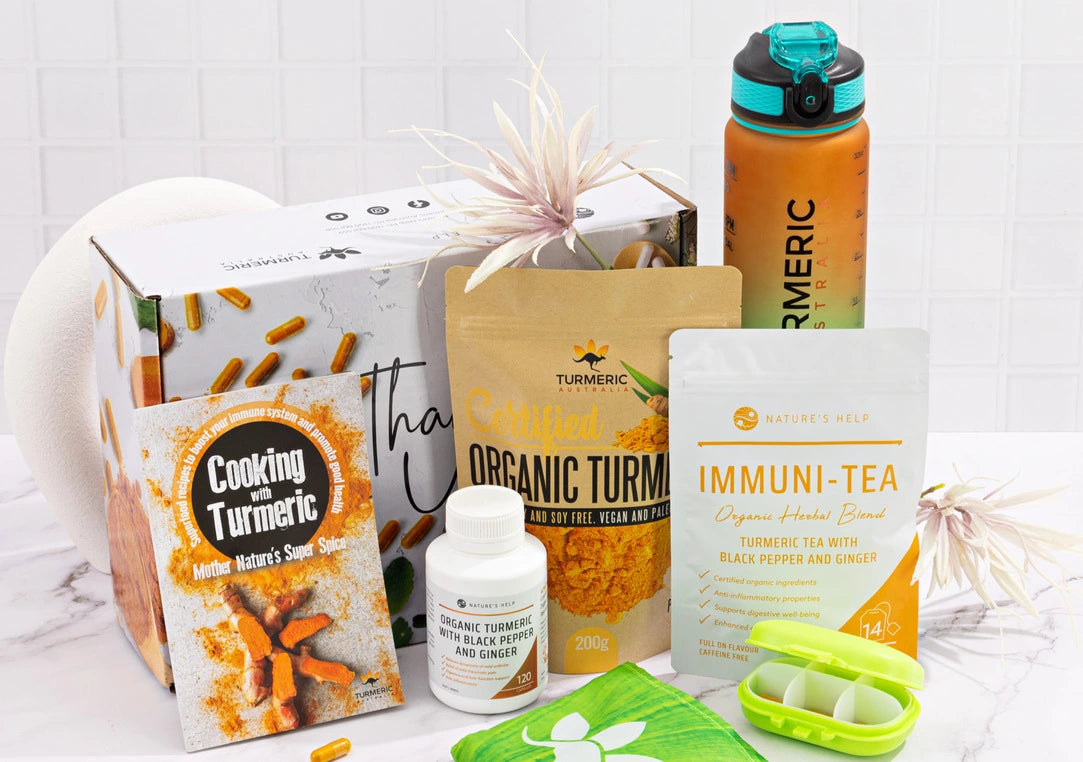Cold or Flu? Here’s What You Should Be Eating
When you're grappling with a cold or flu, feeding your body with the right nutrition can play a pivotal role in helping you recover. While you might be offered old wives' tales about the best foods to combat illness—chicken soup, tea, or even 'starving' a fever—scientific evidence does point to certain foods that can aid in bolstering your immune response and speeding up recovery.
Understanding the Immune Response in Illness
During an illness, the body's immune system is activated to fight off infection, which can sometimes result in decreased appetite. This biological response is the body’s way of conserving energy for the fight against pathogens. However, maintaining adequate nutrition is crucial as it provides the body with the necessary tools to support this fight.

Foods That Help With Recovery When You’re Sick
Broth-Based Soups
Light and easy to digest, soups provide hydration and essential nutrients like vitamins and minerals from added vegetables, and protein from chicken or beef. They're particularly soothing and can help relieve nasal congestion.
Probiotic and Prebiotic Foods
Foods rich in probiotics such as yogurt, kefir, and sauerkraut support gut health, which is crucial since a significant portion of the immune system is housed in the gut. Prebiotic foods like garlic and bananas help nourish these beneficial gut bacteria.
Vitamin-Rich Fruits and Vegetables
Citrus fruits, berries, and leafy greens provide vitamin C, an antioxidant that helps the immune system function more efficiently. Brightly colored vegetables like carrots and bell peppers are high in beta-carotene, which the body converts into vitamin A, another immune-supporting nutrient.
Lean Proteins
Proteins are fundamental for the repair and growth of immune cells. Include lean meats, eggs, or plant-based proteins like beans and lentils in your diet to help strengthen your body’s defense mechanisms.
Healthy Fats
Foods high in omega-3 fatty acids, such as salmon and flaxseeds, can help reduce inflammation, which often accompanies and exacerbates symptoms during infections.
Read more: Different Types of Allergies
What to Avoid
It’s advisable to reduce intake of sugary, fatty, and overly processed foods during illness as these can suppress immune function and lead to inflammation, which might worsen symptoms.
Staying Hydrated
Keeping hydrated is crucial when fighting off an illness, especially with symptoms like fever or diarrhea, which can lead to dehydration. Water, herbal teas, and electrolyte solutions are good options to maintain fluid balance.

Supplementing Your Diet
While focusing on a nutrient-rich diet, supplements can also play a role in providing additional support. ViraGuard by Nature's Help is an excellent supplement crafted to support immune health. Containing key ingredients known for their immune-boosting properties, ViraGuard can be a valuable addition to your wellness routine during the cold and flu season.
Listen to Your Body
Ultimately, listening to your body and responding to its needs is essential. If you're craving certain foods, it's likely that your body is signaling a need for the nutrients they contain. Rest, nourishment, and appropriate medical care are all crucial for a swift recovery.
By understanding the nutritional needs of your body during illness and responding with the right foods, as well as cold and flu supplements like ViraGuard, you can help support your immune system and potentially reduce the duration of your illness.

